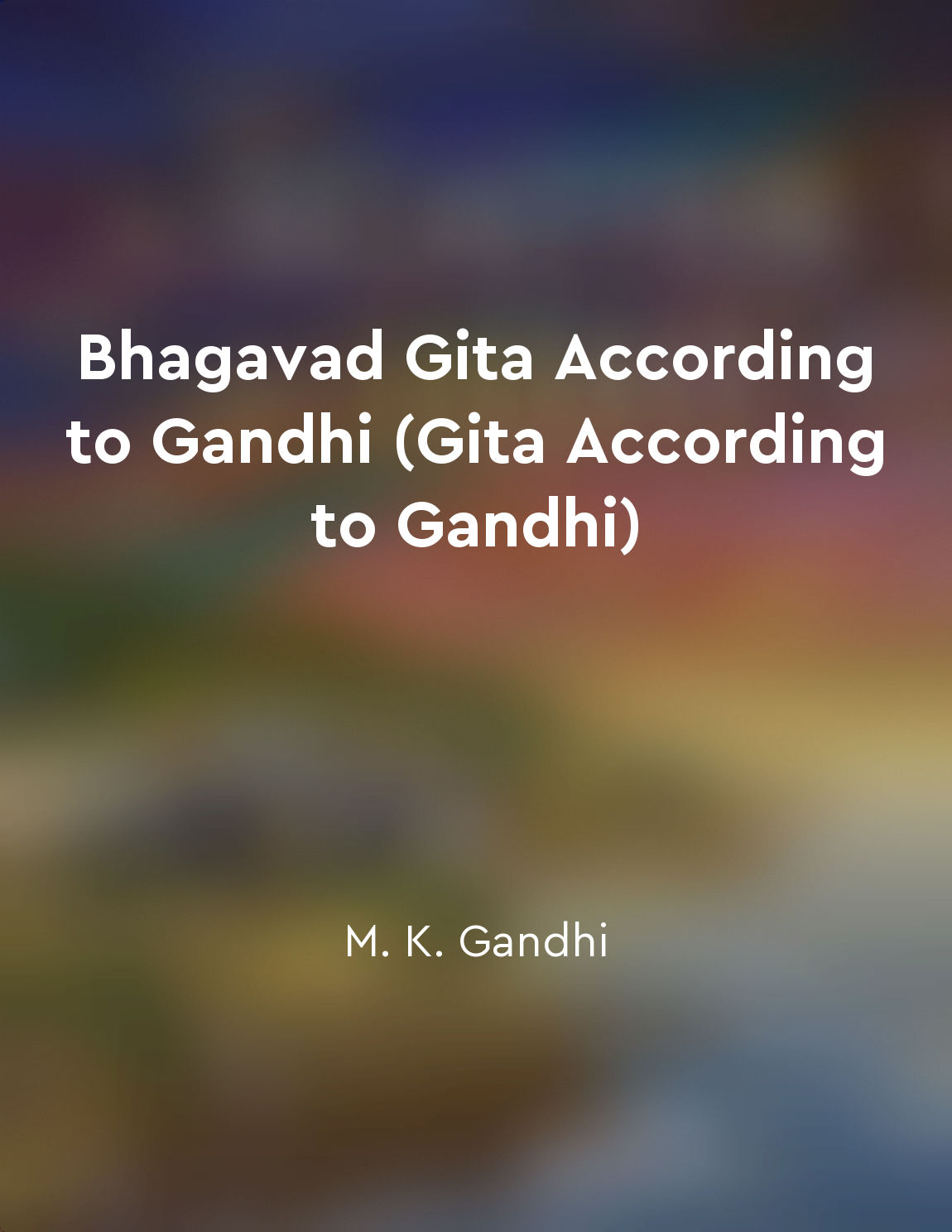Karma is the concept of moral cause and effect in Buddhism from "summary" of Buddhism For Dummies by Jonathan Landaw,Stephan Bodian,Gudrun Bühnemann
Karma is a fundamental concept in Buddhism that revolves around the idea of moral cause and effect. According to this belief, every action we take, whether it be physical, verbal, or mental, has consequences that will affect us in the future. These consequences can manifest in this lifetime or in future lives, depending on the nature of the action. In other words, karma is the law of moral causation that governs the cycle of birth, death, and rebirth in Buddhism. This law dictates that our actions create imprints on our consciousness, known as karmic seeds, which will eventually ripen into experiences that reflect the ethical quality of those actions. The concept of karma is not meant to be a form of punishment or reward, but rather a natural law that operates impartially and continuously. It is not about good or bad deeds in a moralistic sense, but about the intentions behind our actions and the impact they have on ourselves and others. Understanding karma allows Buddhists to take responsibility for their actions and cultivate wholesome qualities such as compassion, generosity, and wisdom. By being mindful of their thoughts, words, and deeds, practitioners can break free from the cycle of suffering and move towards enlightenment.- Karma serves as a guiding principle for ethical conduct and spiritual growth in Buddhism. It reminds us that our choices matter and that we have the power to shape our own destinies through mindful action and intention. Ultimately, by living in alignment with the principles of karma, Buddhists seek to create positive outcomes for themselves and contribute to the well-being of all beings.
Similar Posts
Prem aur daya ka mahatva samjhein
Prem aur daya ka mahatva samjhein. Yeh do guna hain jo hamare jeevan mein ek mahatva bhara sthan rakhte hain. Prem ka arth hota...
The Three Yanas are the paths of Sravaka, Pratyeka, and Bodhisattva
The Three Yanas represent different paths to enlightenment in Buddhism. The Sravaka Yana is the first path, followed by those s...

Seek liberation from the cycle of birth and death
The central teaching of the Bhagavad Gita is the idea of seeking liberation from the cycle of birth and death. This concept rev...
Impact of meditation on brain structure
The practice of meditation has been found to have a significant impact on the structure of the brain. Through various studies a...
Embracing the Law of Giving allows us to experience abundance in our lives
The Law of Giving is based on the principle of giving and receiving. According to this law, the more you give, the more you wil...
Embrace the imperfections of life with equanimity
Life is a tapestry of imperfections, woven with threads of joy and sorrow, success and failure, love and loss. Imperfections ar...
The teachings focus on duty, righteousness, and devotion
The teachings of the Bhagavad-Gita center around the principles of duty, righteousness, and devotion. These concepts are fundam...
Buddha teaches us to let go of attachment and live in the present moment
The Buddha's teachings are not about renunciation or detachment from life; rather, they are about living fully in the present m...
Education system in India
The education system in India has a long and complex history that reflects the diverse cultural and social fabric of the countr...

